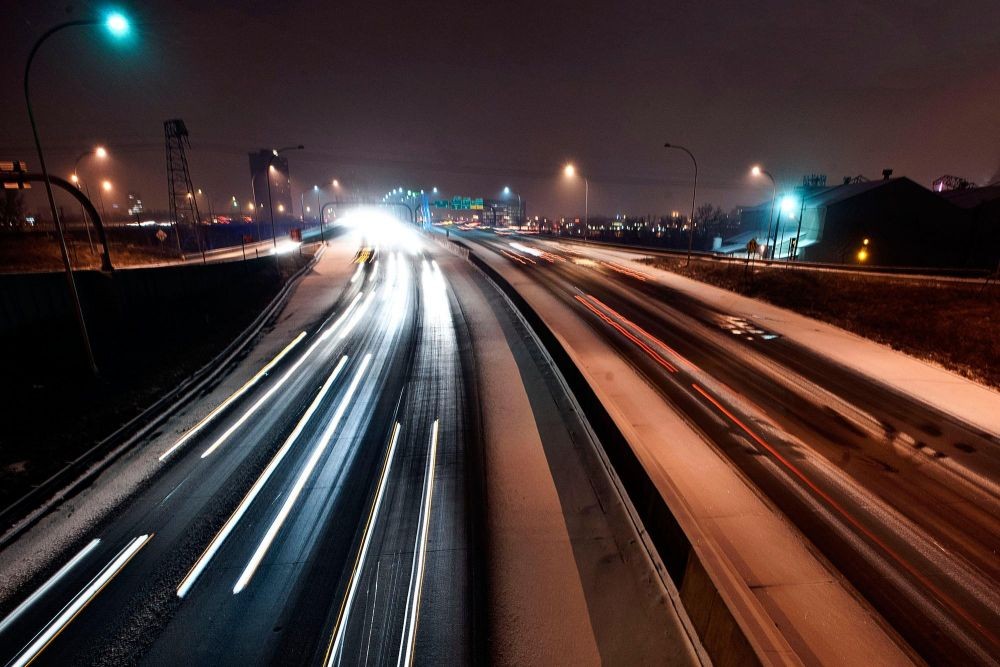Drivers with lead feet take heed.
University of Minnesota experts are touting automated speed enforcement cameras as an effective way to curb speeding drivers — a top cause of driving fatalities in the state.
But some say the cameras could face similar pushback to red light cameras which were deemed a violation to state law nine years ago.
Currently, there are 13 states that prohibit the use of speed cameras although 28 don’t have laws regarding the devices.
Nichole Morris, University research associate at the Center for Transportation Studies, said allowing speed cameras should be a “no-brainer” for state legislation.
“Speeding is an under-discussed issue,” she said. “We talk a lot about distractions and texting, so people are misinformed about speeding.”
In 2014, 26 percent of the 361 traffic deaths in Minnesota were speed-related.
Morris was the primary investigator of a 2016 study that examined distracted driving in work zones. The study found the cameras to be an effective means to reduce speed in work zones.
Drivers were also less likely to reach for their phones and other distracting devices when they were aware of cameras on the road, Morris said.
“We should make a pilot program to show how [cameras are] effective in Minnesota,” Morris said. “We want to do this in small steps. We want to see how it works before going too big.”
Frank Douma, director of the State and Local Policy Program at the Humphrey School of Public Affairs, said the enforcement devices have had success reducing speeds and the amount of crashes in other states.
Still, he said automated law enforcement technology is a controversial issue within the public sphere.
“It’s something that’s very contentious,” he said. “There is a vocal group of people who do not like the idea of automated enforcement.”
Douma said that public opinion of speed cameras is negative because of their association with red light cameras, which were removed after the Supreme Court ruled in 2007 that they violated a state statute.
Red light cameras were overturned because it is difficult to pinpoint who is liable for a citation based on a picture of a license plate, he said.
“[There are] issues with automatic speed enforcement in due process like assigning a citation based on a machine reading,” said Brad Clary, University clinical professor of law.
Douma said if Minneapolis legislation held the owners of vehicles accountable no matter who is driving, speed cameras could be a viable option in the state.
And he said that though the majority of the public is not in favor of implementing cameras in all places, they favor its installation in unsafe road areas and in school zones.
But Clary said he’s skeptical the cameras would make it to the legislature without a strong, attention-garnering debate first.
“I would be surprised if [legislation] wanted to spend political capital on discussing speed citations,” Clary said.








